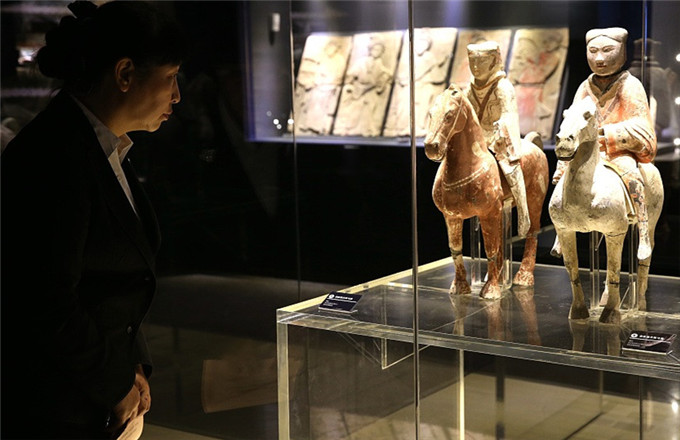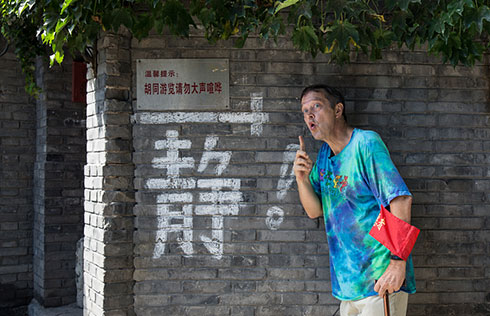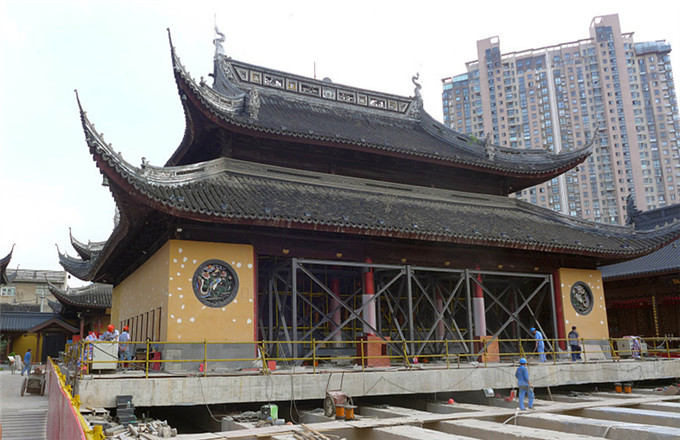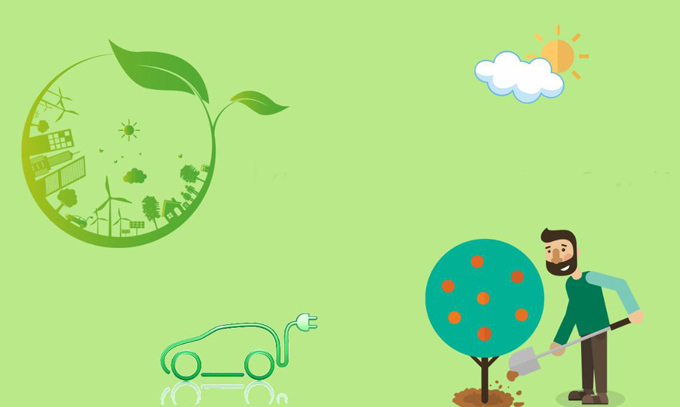China targets farm waste as a 'clean' power source
BEIJING - China will pay farmers to turn animal poo into fertiliser and power, the Ministry of Agriculture said on Wednesday, as Beijing cracks down on agricultural pollution that has for years leaked into rivers and lakes, angering Chinese residents.
China will give farmers subsidies to build animal waste processing facilities to make fertilisers or to treat manure so it's safe for disposal, and to install biogas plants that use methane to generate electricity, according a government plan announced on Aug 1.
The plan includes setting up recycling programmes by 2020 in 200 major counties that have livestock farms. That's less than half the 586 major counties the government says have hog and poultry farms.
The agriculture ministry gave no details about the size of the subsidies, but the move could be a big step towards curbing chemical fertiliser use and cutting water pollution.
"We will help the farmers fully understand how organic fertiliser can improve energy efficiency and the environment," said Zhong Luqing, director of the fertiliser department at the ministry, at a briefing on Wednesday.
Biogas technology, which can help save on electrical costs, is too expensive for many farmers unless the government helps.
Those researching and using organic fertiliser will also get preferential treatment on loans, taxes, power use and land rent, Zhong said.
Getting rid of animal waste is a major headache for livestock producers worldwide, partly because of the strong odour and damage caused to the atmosphere by the release of harmful gases. Run-off containing animal wastes can also seep into the water table and contaminate rivers and lakes.
In China, how to better dispose of animal waste has become a particular problem due to the fast growth of poultry and hog farming over the past decade to meet demand for higher quality meat. Chinese livestock farms generate nearly 4 billion tonnes of waste annually, according to the agriculture ministry.
"We will strengthen policy support and increase subsidies to support farmers to use organic fertiliser ... especially large-scale farmers, family farms and cooperatives," Zhong said.
The plan is part of Beijing's effort to limit chemical fertilisers and pesticides, which have contaminated soil and water. China uses about one-third of the world's fertilisers.
Beijing has said it was targeting zero growth of chemical fertiliser and pesticide by 2020. It has urged farmers to use less chemical fertiliser and turn to animal manure instead.
Reuters






















